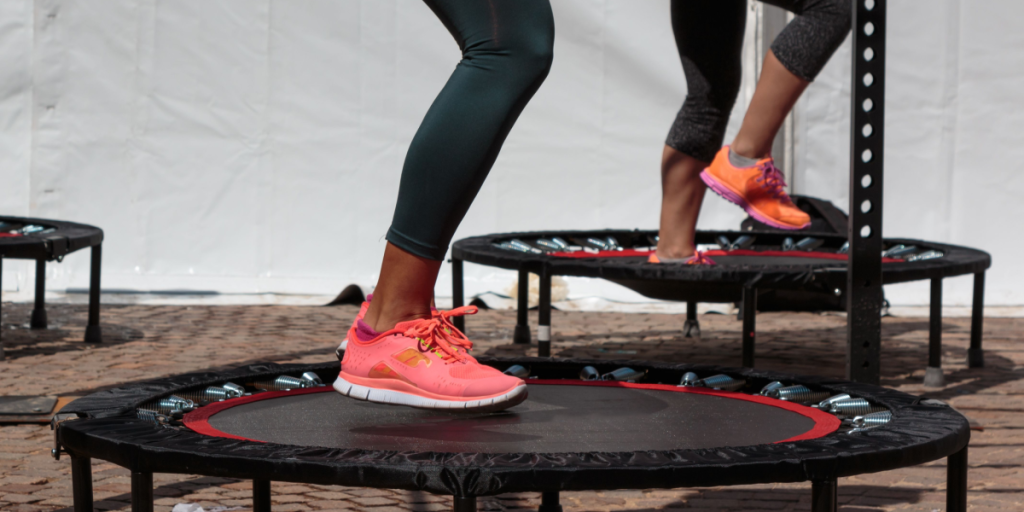Just like you train your muscles, she says you can strengthen your sense of purpose and social bonds. It’s never too early or too late to build a vibrant, resilient life.
Others are reading now
At 96, Betty Parker isn’t interested in swapping stories about sore knees or memory slips. Instead, she documents the little joys in her journal, like picking roses from her garden, reading novels, playing cards, and entertaining friends.
Even if she now buys pies instead of baking them, Parker’s life remains rich with purpose and connection, proving age doesn’t have to dull your spark.
The Science of Living Well, Not Just Longer

Healthy eating and exercise matter but they’re only part of the equation. According to gerontologist Dr. Kerry Burnight, Parker’s daughter, social connection plays a critical role in both longevity and happiness.
Also read
Living longer is great, she says, but the real goal is to live better, more meaningful years.
Grow, Connect, Adapt, Give: The Four Keys to Thriving

Burnight highlights four pillars of successful aging: growing, connecting, adapting, and giving.
Just like you train your muscles, she says you can strengthen your sense of purpose and social bonds. It’s never too early or too late to build a vibrant, resilient life.
Retirement Is a Beginning, Not an End

Dr. John Batsis, a geriatrician at UNC, warns against the “retirement cliff” the sudden loss of routine, identity, and connection.
He encourages people to start weaving hobbies and social activities into their lives before retirement hits.
Keep Growing: Your Brain Thrives on Challenge

Sudoku and crosswords are great, but don’t stop there. Burnight says real cognitive growth comes from tackling hard things.
Learning an instrument, picking up a new sport, or trying unfamiliar experiences stimulates your brain’s plasticity and adds color to your life.
Move More, But Make It Fun

The less you move, the more limited your world becomes. Batsis recommends finding physical hobbies you actually enjoy, whether that’s dance, gardening, or golf.
Don’t force yourself into what you think you should be doing. If you’ve always hated running, now’s not the time to start.
Let Your Loved Ones Do What They Can

For caregivers, it can be tempting to do everything for aging loved ones. But Burnight says allowing them to struggle a bit. When it is safe, It is beneficial.
Challenges help preserve independence and dignity. The goal isn’t comfort; it’s continued growth.
Expand Your Social Circle Across Generations

Parker doesn’t just hang out with peers, she plays canasta with a group of women in their 60s, whom she affectionately calls “the youngs.” Building friendships across age groups is a powerful way to stay engaged and emotionally supported as you age.
Use Tech to Reconnect—and Make New Friends, Too

Burnight encourages people to use social media to rekindle old friendships. But don’t overlook everyday opportunities either.
A friendly chat with a neighbor or barista might blossom into something more. And remember, be the one who reaches out, it could save your life.
Adapting Is the Real Superpower

Sure, Parker uses a walker now, and she’s had to say goodbye to tennis. But she still finds joy, whether it’s in her backyard, surrounded by family, or waving in a local Fourth of July parade.
The happiest older adults, Burnight says, are the ones who embrace change instead of fearing it.
Your Attitude About Aging Matters More Than You Think

People who view aging as a time of continued growth live up to 7.5 years longer, research shows.
If you believe your later years are a time to thrive, not decline, you’re more likely to stay active, joyful, and purposeful.
Giving Back Brings Joy and Purpose

Small acts of kindness can create powerful meaning. Deliver a lemon from your tree. Offer a ride. Send a kind message.
Burnight says these micro-moments of generosity reinforce our sense of worth and help us feel rooted in the world.


